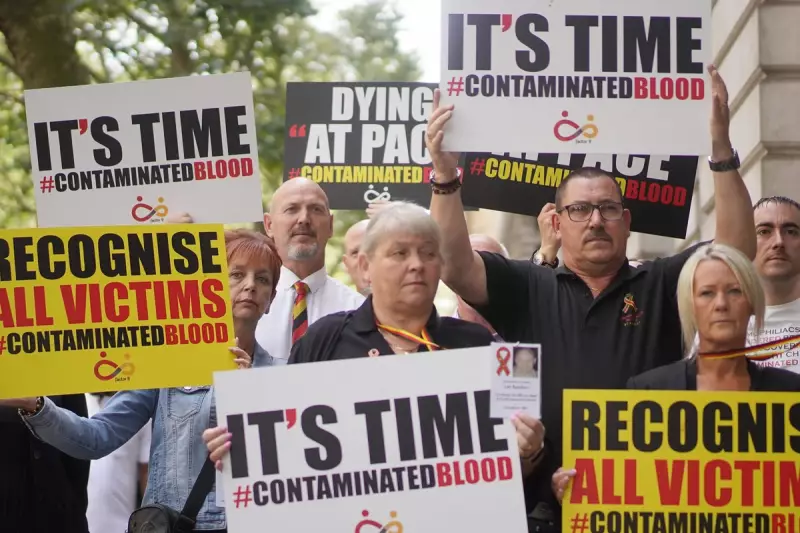
The UK government is facing mounting pressure over what critics are calling 'unacceptable delays' in compensating victims of the contaminated blood scandal, as damning evidence emerges from the ongoing public inquiry.
Cabinet Office ministers are being accused of dragging their feet on establishing a full compensation framework for thousands affected by the healthcare disaster, despite repeated promises and mounting political pressure.
Decades of Waiting
Survivors and families who contracted HIV and hepatitis through contaminated blood products in the 1970s and 1980s have been waiting for proper redress for decades. The recent inquiry hearings have revealed shocking details about the scale of the tragedy and the institutional failures that allowed it to happen.
Labour's shadow cabinet office minister, Nick Thomas-Symonds, has described the situation as 'a matter of basic justice and compassion,' adding that victims 'deserve answers and they deserve compensation without further delay.'
Political Pressure Mounts
The government has faced cross-party criticism over its handling of the compensation process. MPs from all sides have expressed frustration at the slow progress, particularly as the inquiry continues to uncover disturbing new evidence about how the scandal was handled at the highest levels.
Campaigners argue that many victims are elderly or in poor health, and cannot afford to wait much longer for the compensation they were promised. 'Every day of delay is another day of suffering for those affected,' one campaign group representative stated.
Inquiry Revelations
The Infected Blood Inquiry, chaired by Sir Brian Langstaff, has heard testimony from victims, medical professionals, and government officials about the systemic failures that led to one of the NHS's biggest treatment disasters.
Recent evidence sessions have highlighted how warnings about the risks of contaminated blood products were ignored and how patients were often unaware of the dangers they faced.
As the inquiry moves toward its conclusion, pressure is building on the government to act swiftly on its recommendations and ensure that victims finally receive the compensation and recognition they deserve.





